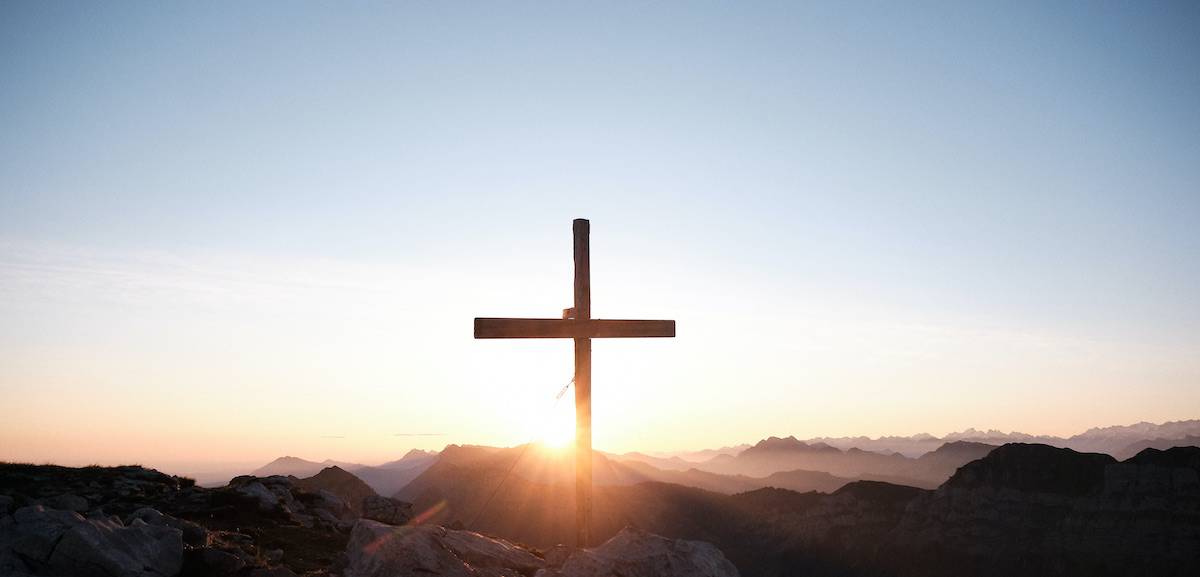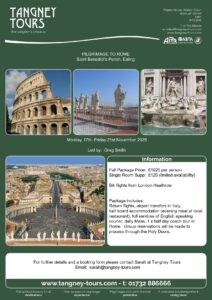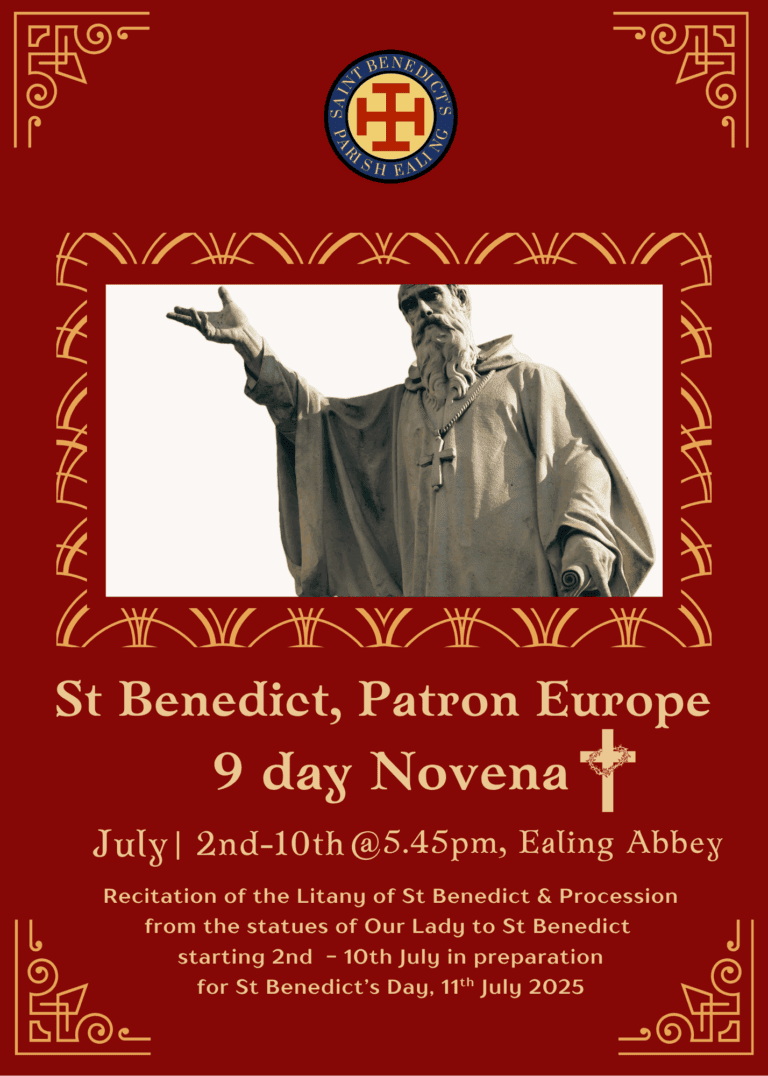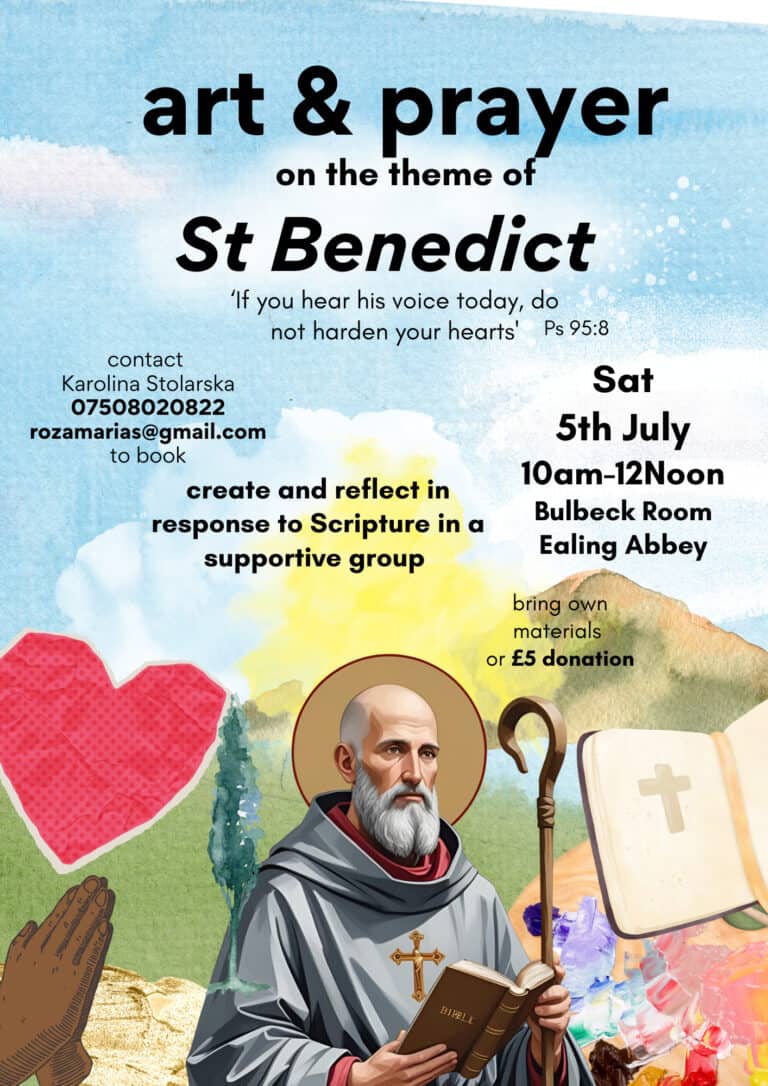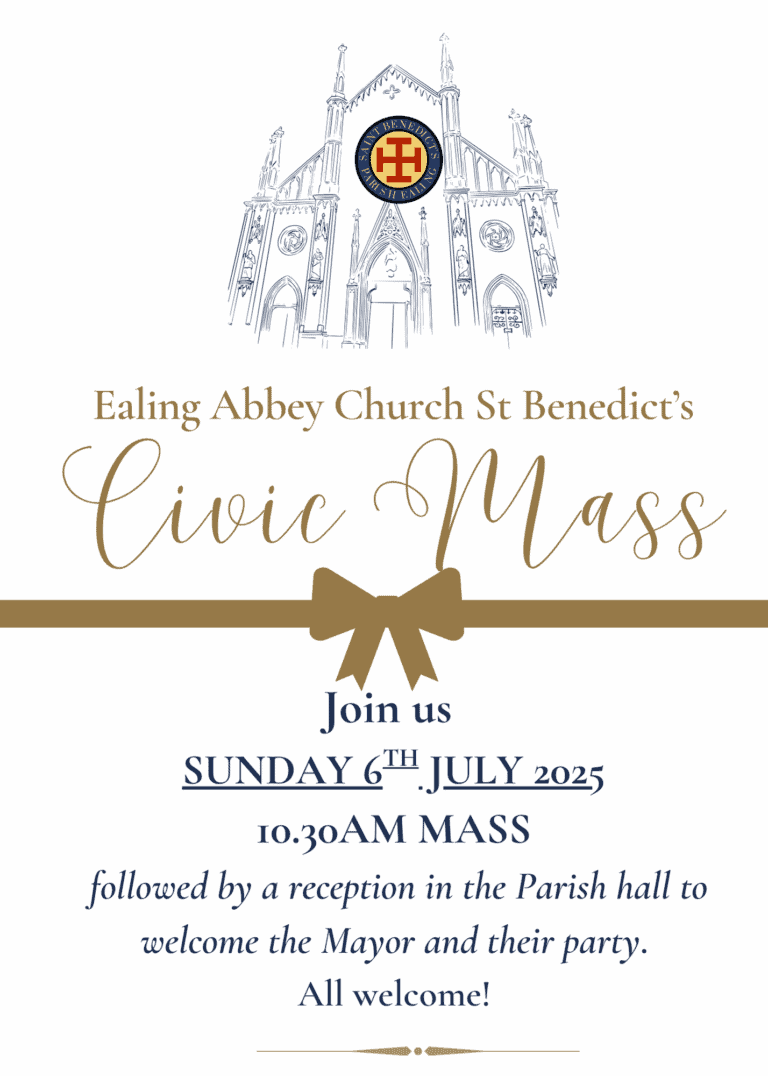Dear Parishioner,
Nobody who saw her astonishing victory in the US Open can fail to share the delight of Emma Raducano and be impressed by her achievement. All credit to her for her truly remarkable success. In days gone by I was very struck by the dedication of Andy Murray. It look him a long time, and constant battles against the top three men, Federer, Nadal and Djokovic, before he won his first Grand Slam tournament, also in New York. There must have been times when he felt worn down by the uphill struggle, but he didn’t give in: he persisted and finally broke through into the top league. It is inspiring to see these sportspeople putting so much effort and training into their play, carrying on against the odds and achieving the highest accolades.
But now Murray is having to come to terms with the fact that because of injury he is unlikely to succeed at the top level again. How will he reorient himself and find fulfilment in other ways when what has been the major part of his life is no longer open to him? No doubt Emma Raducanu also will face that question at some point – not for a long while, we hope!
Competition and striving to do better than others are elements in many forms of life that people engage in, but they are not necessarily the last word about our human vocation. Some years ago a professional singer called Margaret Rizza began writing what she called ‘music for contemplative worship’ and leading workshops and meetings on prayer and music. I wondered what had made her change her course and was interested to hear her say at one of the gatherings that it was the competitiveness of the musical world that had got her down. She meant not so much competing against others, but competing against herself, having to keep improving her standards of performance – something one must do in various areas of life, but something that we do not need to do in quite that way in relation to God. There it is a matter not of outward achievement, but of something perhaps even more difficult to realise.
It is what one writer calls our Personal Vocation, which is not a vocation to follow a particular calling – to be a parent, musician, tennis player, whatever it may be – but to be oneself, the person created and loved by God. The more we can be in touch with that essential basis of our being, which underlies everything else we are, the better we will be able to discern any special individual vocation that is right for us and the better able we will be to give ourselves to that way of life. For it is the deepest truth about every human person born into this world that we are called by God not so much to be a nurse, lawyer, businessman, train-driver, but, more fundamentally, to know the love of God in ourselves and to live our lives in giving and receiving of that love. Because this is how we are made by God to be, it is by living this personal vocation that we will find the deepest satisfaction, happiness and fulfilment in our life generally and in our individual occupations.
There have been teenage sensations in women’s tennis before Emma Raducanu who have come and gone. One was the American Andrea Jaeger who made her breakthrough aged only 14 and was at the top for about five years in the 1980s until injury ended her career. An article in the Denver Post of 2008, which I found online, has a surprising headline, ‘Jaeger finds joy in serving others.’ She delighted in her athleticism and natural instincts in playing sports, just as much God-given gifts as any other, but it seems she was always in two minds about being a professional sportswoman. She found herself not wanting to win matches at someone else’s expense and deliberately under-performed, but when she heard about high school children feeling suicidal or a 16-year-old girl contracting cancer she was filled with a desire to help them, and it was in doing that that she took most pleasure. The fame and wealth she won as a tennis player were certainly helpful here in creating openings and opportunities to be of service, and it was that she saw as her real calling. Being unable to continue playing because of injury she thought of as a providential blessing, because it allowed her to emulate her real heroine, not Billie-Jean King or Martina Navratilova, but the 14th century mystic St. Catherine of Siena, who had nursed victims of plague and gave herself to God as a member of the Dominican order. Andrea Jaeger was to follow her into the order and become the Dominican Sr. Andrea.
This week we celebrate the feast of a great saint who likewise saw his vocation as being to serve Christ in the needy, the 17th century French priest Vincent de Paul. He founded the order of the Congregation of the Mission to carry on his work, and that work of caring for the poor, the sick and destitute is perpetuated today in our parishes by the Society of St. Vincent de Paul, the well-known SVP. All who seek to follow Christ must, as Christ himself says, make themselves last of all and servant of all. It is a hard lesson to take in, because we so easily get up in the usual human games of competition and one-upmanship, wanting to be the greatest, better than everyone else. For the disciples the Messiah should be a great political or military leader, and so they could not understand Christ’s repeated prediction that he would fall into the hands of sinful men and be put to death. Surely not this for you, Lord? But when they saw him give the model of ultimate self-giving service on the cross and then be raised to new life, they knew that they too would have to lose themselves, give themselves away in service, if they would follow him into eternal life.
There is no other way for human beings than the way of cross and resurrection, dying in order to be reborn: it is so to speak written into our human makeup, because it is the way of God in Christ. Like the disciples we have the vision of Christ in glory in his Transfiguration and at Easter to inspire us as we continue our often arduous journey to the kingdom where Christ goes before.

